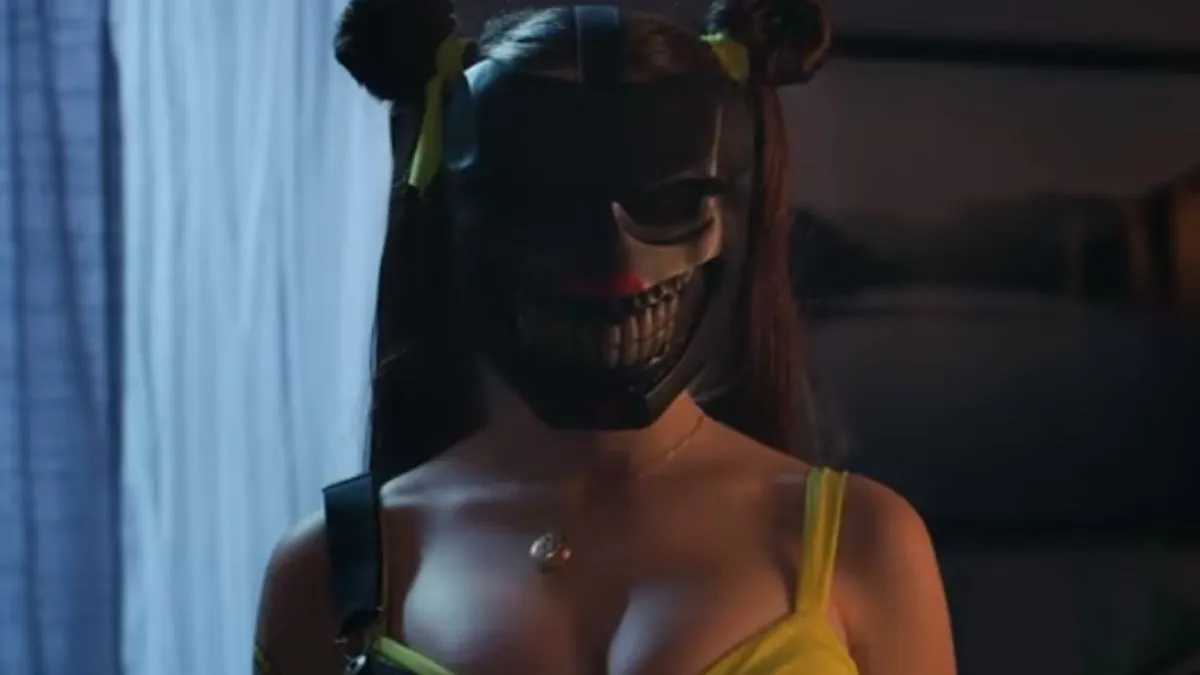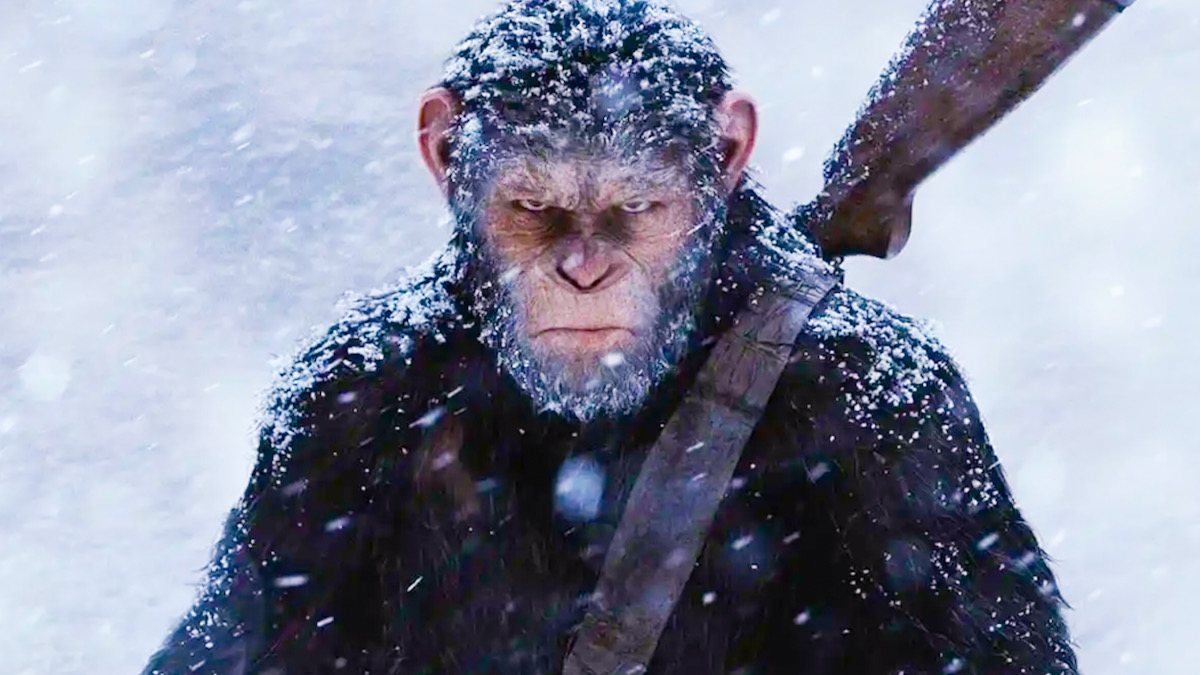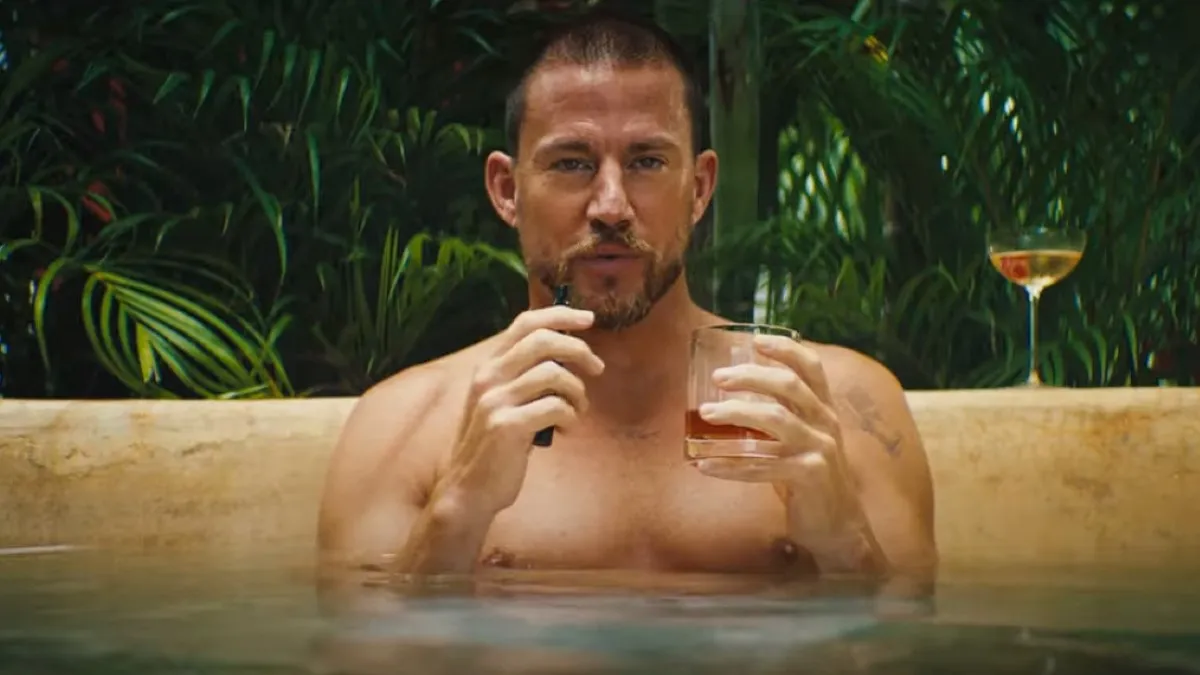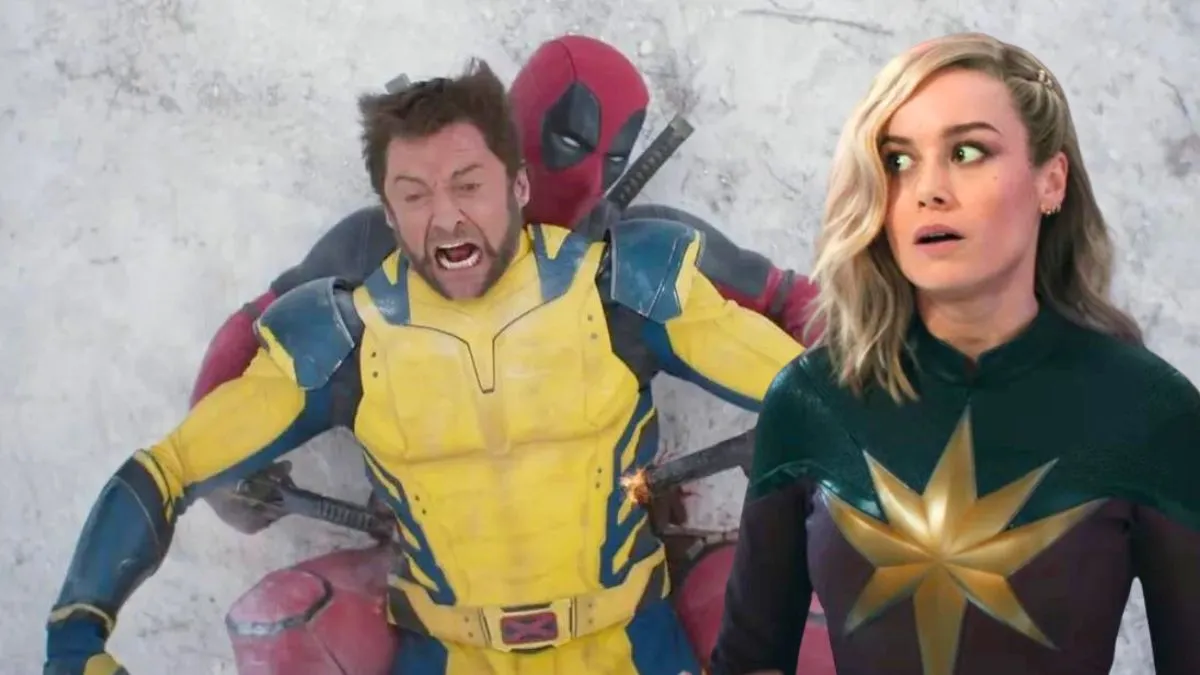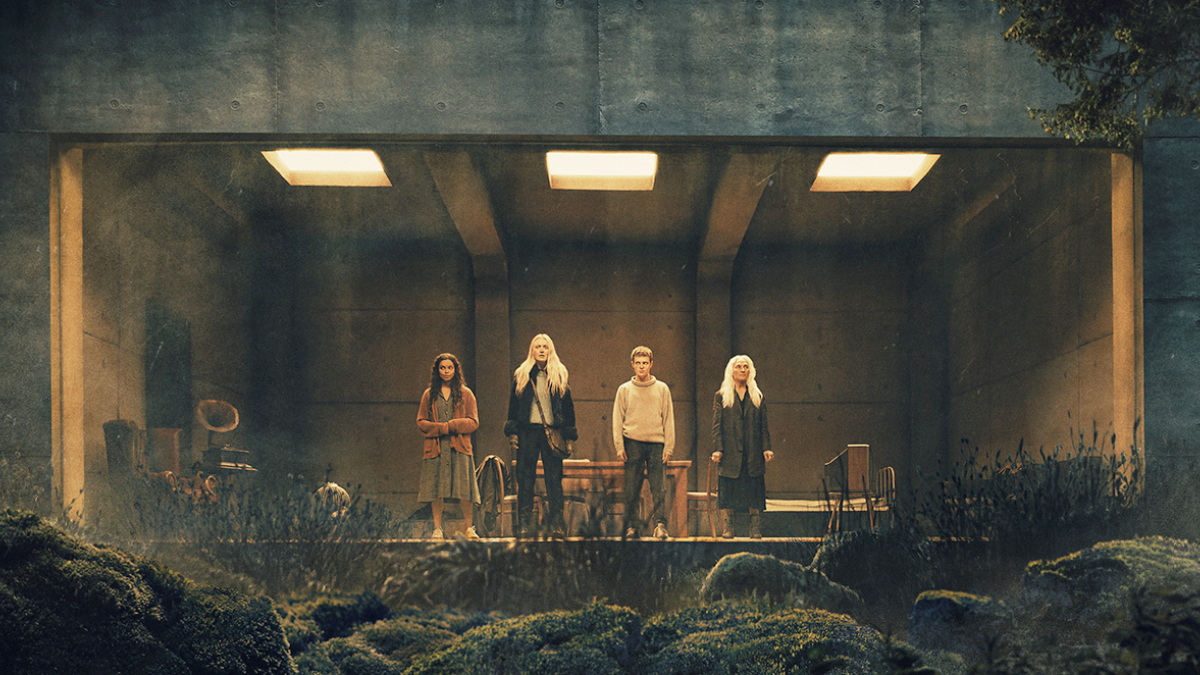
The key to interviewing a formidably talented individual, whose work you have greatly admired your entire adult life, is to not think about the specifics of that work while you’re talking to them. In the case of Clint Mansell, for example, don’t think about the haunting strings of Requiem For A Dream’s ‘Lux Aeterna,’ or the perfect guitar riffs of Smokin’ Aces. Definitely don’t think about that scene in Moon either, where GERTY explains to Sam that, in reality, he has no meaningful existence – and your tears are 50% Sam Rockwell’s heart-breaking performance, and 50% Clint Mansell’s mournful piano melodies.
Thankfully, Mr. Mansell is an interviewee that would put even the most nervous interviewer at ease – as he was ready and willing to engage, with thoughtful and passionate insights about his career and experiences. Speaking on the eve of the US release of his latest film, Noah, I found him in reflective mood. The film marks his sixth collaboration with Darren Aronofsky, since the director asked him to score his directorial debut, Pi, back in 1998. It was Mansell’s first feature film, too, and the project began a journey for both artists that has since encompassed Requiem For A Dream, The Fountain, The Wrestler and Black Swan.
But Mansell has carved himself a broader channel, and now boasts a back catalogue that ranges from The Hole to Sahara and from Doom to Definitely, Maybe. He is a master of connection – weaving his sound into the fabric of each movie, so that it is present in every scene, instead of feeling as though it has been applied as a top coat, later in the process. He is also refreshingly outspoken and candid, paving the way for a fascinating and lengthy discussion of his work, the frustrations and triumphs of the film industry, and how – like Noah – it is of the utmost importance to keep rocking the boat.
With the historical epic flooding into cinemas, depicting a tale of great change – the concept of transition seemed a good place to dive in. I began by asking him if he found the level of collaboration to be very different, between the film composing he has been doing since 1998’s Pi, and the composing he did previously, as a founding member of the band, Pop Will Eat Itself.
“It’s hard to say really because we didn’t work collaboratively on Pop Will Eat Itself. We sort of worked individually and then worked on the demos afterwards, which I suppose is a certain sort of collaboration, but it wasn’t like we sat there and jammed and did that sort of stuff. To some degree, I suppose there is a similarity there because, whilst I write every single note in the film, it’s still a very collaborative thing between me and the film director – and even me and my orchestrator and my recording engineer – because you’re constantly looking for the best results, and sometimes the best result might not be the way I envisaged it, you know?
“The difference is the volume of work. I mean, when you’re in a rock and roll band it’s very easy to be kind of lazy, you know? Waiting for the muse to strike, and all that sort of stuff. Obviously, if you’re a gigging band, you spend a lot of time on the road – which is not exactly an easy time to write music – whereas writing for film I write pretty much every day. It might sometimes be 2 hours, it might sometimes be 12 hours. It might be 20 minutes, whatever – but you’re constantly in that zone of writing, or thinking about writing, or listening to stuff or watching stuff. It’s much more a 9 to 5 job than being in the band was. But, the upside of that, for me, is that I can kind of achieve a lot more. I can do a lot more work than when I was in the band. I didn’t really write that much stuff when I was in the band, you know?”
It sounds like composing music for film is much more creatively fulfilling, I suggest.
“It is for me – way more creatively fulfilling. But, that’s not to say that it wouldn’t have been when I was back in the band, you know? It’s just a different time of life. I’m excited about the connection between music and image, if you like. I really look for the transcendence between the music and the image. To create the transcendence that gives you an experience outside the narrative of the film, but supports the narrative of the film too, you know? I hate film music that just goes ‘DUN DUN – we’re here!’ Or ‘BAM BAM – we’re there!’ or whatever. Music, to me, is like another character in the film. It’s just as important as the casting of the lead actor. I understand that my take on things, my choices, may not suit everybody – may not suit every film – you know? But that’s of little interest to me. I mean, when I first started composing in films, there was this sort of idea that I met that was, ‘well, you’re a film composer, so you’ll write any sort of music that’s required – so we’ll give you a reggae track, and you can drop it in here’. But, you know what? I don’t have that experience – I’m not a ‘jack-of-all-trades’, you know? I’m here to connect with the story and interpret it in my way – through my experiences and through my filter. That’s what I like to do and, as I say, that may not make me right for every film, but that’s cool. I mean, another thing I hate is that now you get composers who basically get every job in town, or directors who get every job in town, you know? You just get these same voices over and over so that it just becomes like… wallpaper, with just the same ideas all the time. We need more people having their own ideas, and those being chosen rather than ‘oh we’ll go to this guy again.’”


